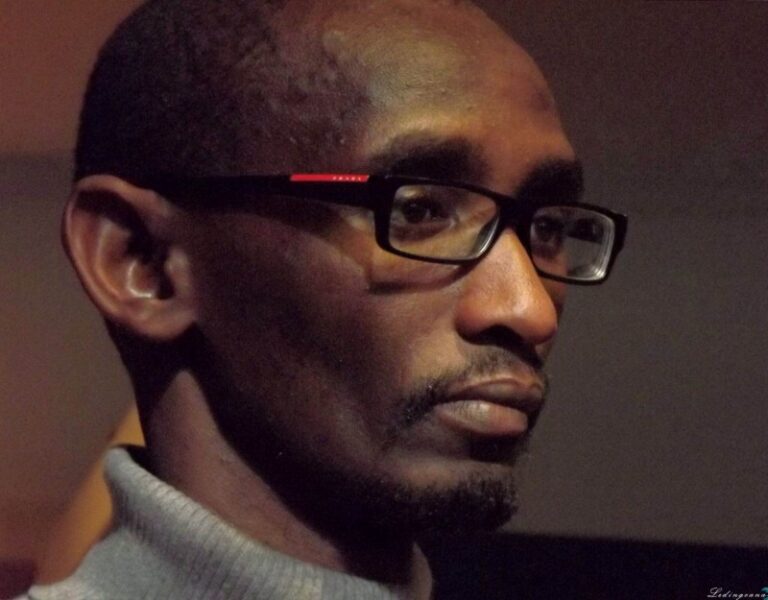In the global pursuit of development, the interplay between governance and politics remains both foundational and fraught. While development is often framed in terms of infrastructure, economic growth and service delivery, its deeper roots lie in the political choices, governance structures, and power dynamics that shape who benefits—and who is left behind.
At its core, governance is about how decisions are made, resources are allocated, and institutions are held accountable. Politics, meanwhile, is the contestation of power: who gets to decide, whose voices are heard, and whose interests are prioritized. Development, then, is not merely a technical exercise-it is a profound political process.
The Myth of Neutral Development
Too often, development is treated as apolitical—a matter of policy efficiency, technocratic expertise, and donor-driven metrics. But this myth obscures the reality: every road built, school funded, or subsidy granted reflects political priorities. Whether in local municipalities or national governments, development choices are shaped by electoral incentives, elite bargains, and ideological commitments.
In many postcolonial societies, including South Africa, development has been tethered to promises of transformation and redress. Yet, decades into democracy, persistent inequality, spatial injustice, and economic exclusion reveal the limits of technocratic governance divorced from grassroots politics. The question is not just how to deliver services, but how to democratize development itself.
Democracy Beyond the Ballot
Representative democracy, while essential, is insufficient. Elections alone do not guarantee inclusive development. When political systems become overly centralized, bureaucratic, or captured by elites, the developmental state risks becoming a gatekeeper rather than a facilitator. Citizens are reduced to passive recipients rather than active co-creators of their futures.
Participatory governance—where communities shape budgets, monitor projects, and influence policy—is vital. It reclaims development from boardrooms and bureaucracies, anchoring it in lived realities. Yet, many participatory mechanisms remain tokenistic, underfunded, or sidelined by entrenched interests. Genuine participation requires more than consultation; it demands redistribution of power.
The Tyranny of Capital and the Crisis of Accountability
In liberal democracies, the ideals of freedom, choice, and equality often mask deeper contradictions. Corporate influence over policymaking, regulatory capture, and privatization of public goods distort development outcomes. The tyranny of capital—where profit trumps people—undermines democratic governance and erodes public trust.
Accountability mechanisms, from audits to ombudsmen, are necessary but not sufficient. What’s needed is political will, civic vigilance, and institutional integrity. Development must be shielded from patronage, corruption, and short-termism. Otherwise, it becomes a tool for elite enrichment rather than collective upliftment.
Activism, Movements, and the Struggle Within
Civil society and social movements play a crucial role in challenging unjust governance and reimagining development. Yet, they too are not immune to internal contradictions. Leader-centrism, bureaucratization, and gatekeeping can replicate the very hierarchies they oppose. Movements must guard against becoming echo chambers of orthodoxy, disconnected from the communities they claim to serve.
In my own journey through Black Consciousness, Africanist, and Trotskyist spaces, I have witnessed both the radical potential and the limiting rigidity of ideological activism. Even those inspired by Gramsci, Luxemburg, or Bakunin can fall into empire-building and exclusionary practices. The challenge is to build movements that are reflexive, inclusive, and accountable—not just to theory, but to people.
Towards Emancipatory Governance
The future of development lies in emancipatory governance: systems that empower rather than dominate, include rather than exclude, and listen rather than dictate. This requires rethinking not just policies, but paradigms. It means centering dignity, agency, and justice in every developmental decision. Governance, politics, and development are not separate silos—they are interwoven threads in the fabric of society. To weave a future that is just, equitable, and humane, we must confront power, democratize institutions, and reclaim development as a collective endeavor.
*Mphutlane wa Bofelo is an independent political scientist whose work focuses on governance, political transformation, development politics, radical education, sociopolitical mobilisation and political communication.

